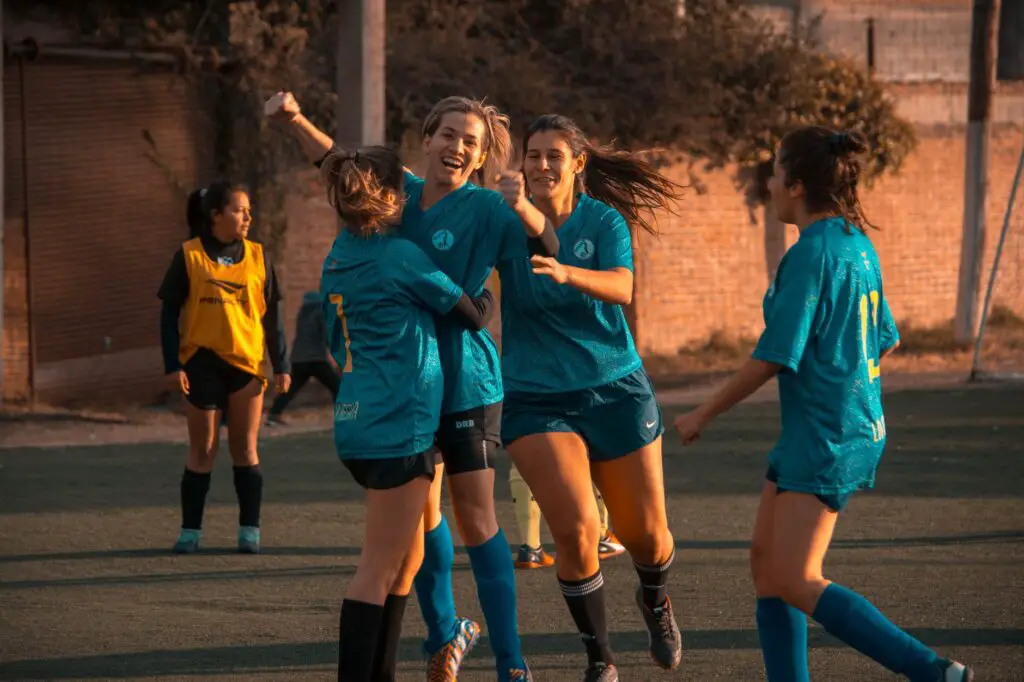A new bill proposed by the Iowa state legislature would allow student athletes to profit from the use of their names, images, and likenesses. If the bill is made into a law, Iowa would join Florida, the only other state in the country to allow college athletes to receive compensation from use of their names.
After a similar bipartisan bill failed to make it to a floor vote last year, Iowa’s Senate File 245 could open up a new financial era for college sports stars.
“I don’t see a good reason for our student-athletes in Iowa to patiently wait their turn when athletes in other states will not have to,” Senator Nate Boulton said during a subcommittee meeting.
Boulton said the bill is different from similar legislation being deliberated in states such as California, Colorado, and Nebraska. It will ensure that student athletes no longer have to deposit some or all of their earnings into a university trust fund.
We have seen an imbalance of power. The NCAA continues to fail to address this issue, and the result is college athletes surrendering very personal rights that no other college students are required to give up. We have a duty to protect these students. https://t.co/jo1WZdF8Tn
— Nate Boulton (@NateBoulton) February 4, 2021
The bill would kick in on July 1, the same day that Florida’s name, image, and likeness (NIL) law, passed last year, goes into effect.
NIL Rules
Iowa is the latest in a sweeping movement to grant athletes the right to earn from promotional activities, including endorsement and commercial deals.
Since 2003, college sports industry profits have spiked from $4 billion to over $14 billion in 2018. Sadly, however, athletes continue to scrape the bottom of the barrel, receiving no more than their sports scholarship. These laws proposing athletes be paid commensurate with their efforts will ultimately help low-income student athletes who have to work part-time jobs to supplement their scholarships.
Last year, the National Collegiate Athletic Association (NCAA) petitioned the Supreme Court to preserve amateurism in sports to avoid having to give players more than their current compensation, which is essentially limited to the cost of attending college.
The NCAA petition argued that if student-athletes were paid it would eliminate the difference between college and professional sports.
The NCAA’s athlete-compensation bill was subjected to a final vote in January, but has been delayed after NCAA President Mark Emmert expressed concerns about NCAA NIL rules and the restrictions it puts on athletes’ pay.

